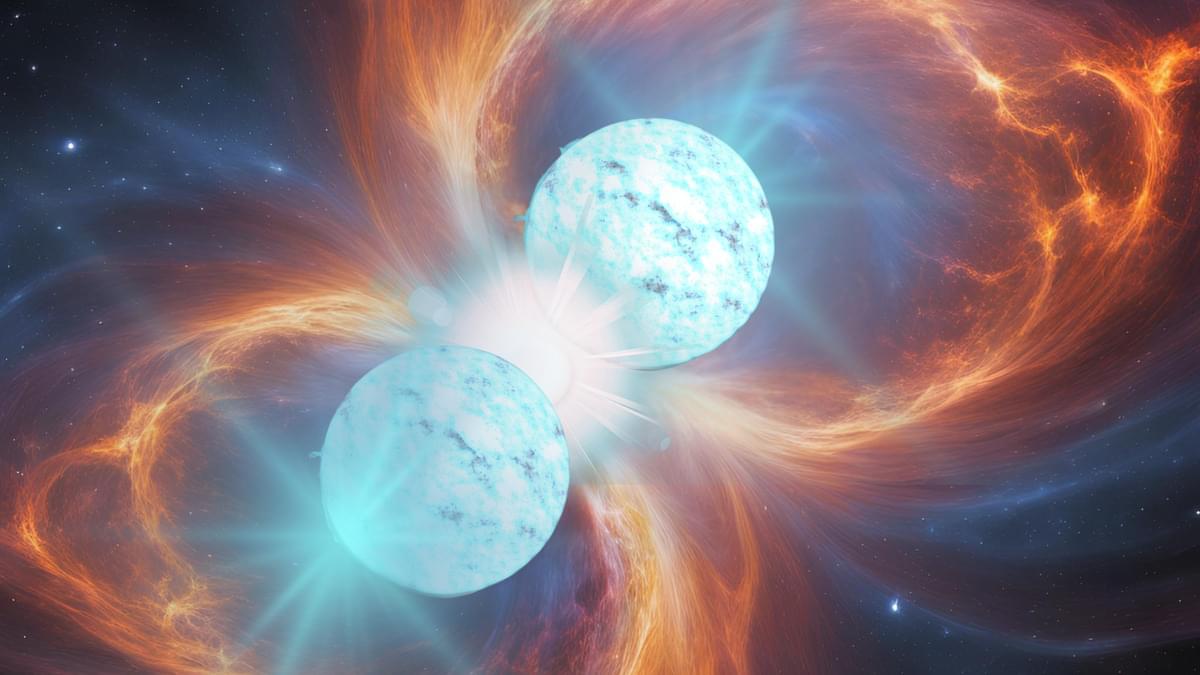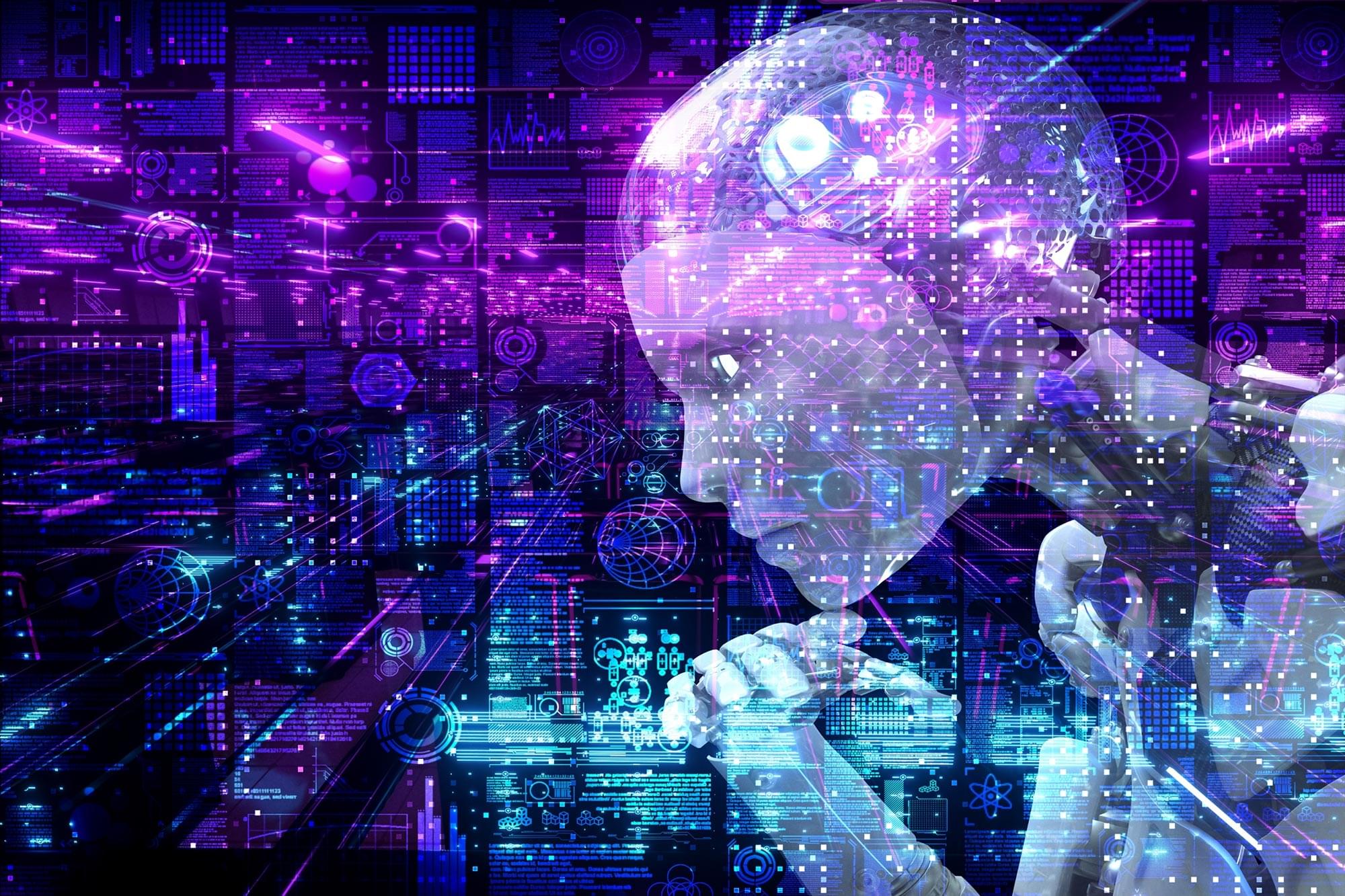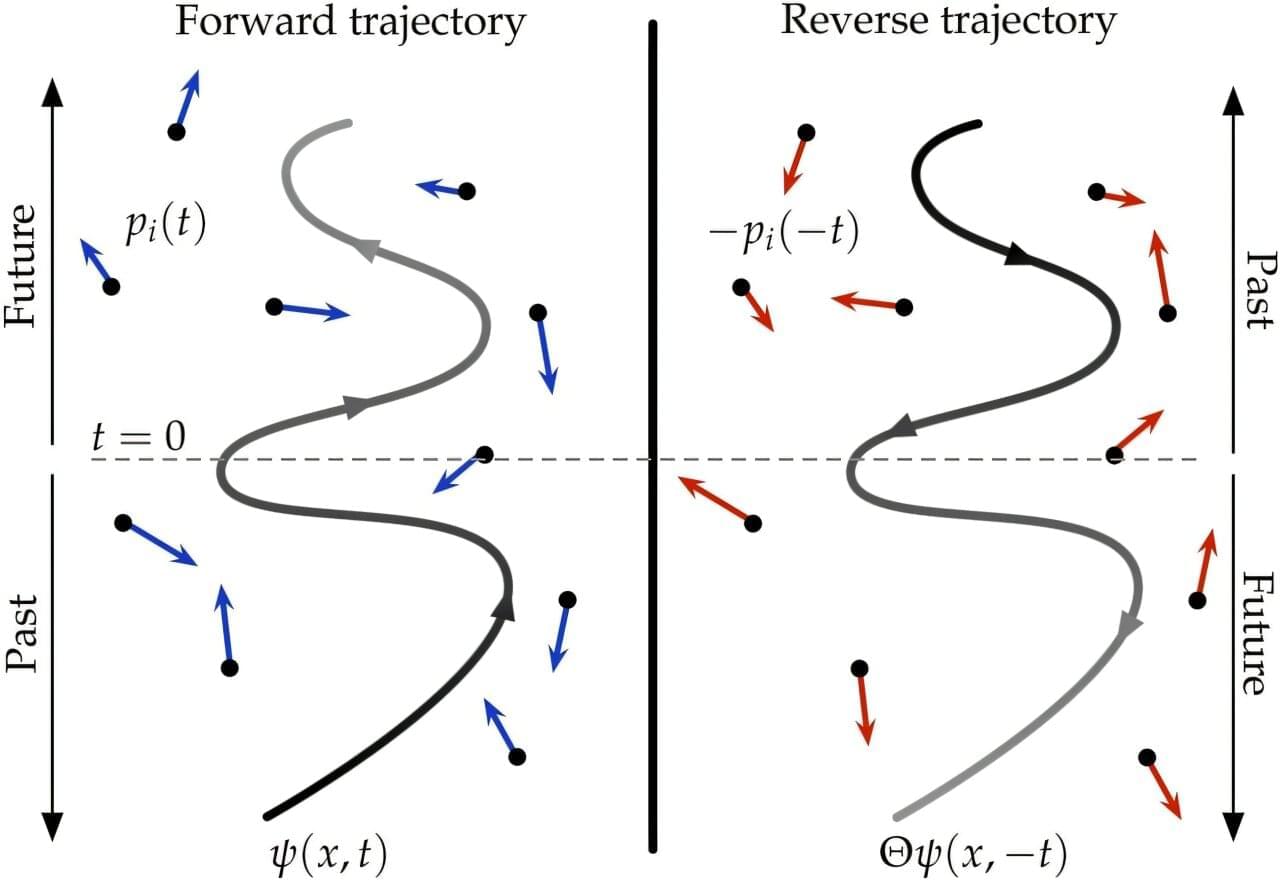“Just like tuning forks of different material will have different pure tones, remnants described by different equations of state will ring down at different frequencies,” Rezzolla said in a statement. “The detection of this signal thus has the potential to reveal what neutron stars are made of.”
Gravitational waves were first suggested by Albert Einstein in this 1915 theory of gravity, known as general relativity.






